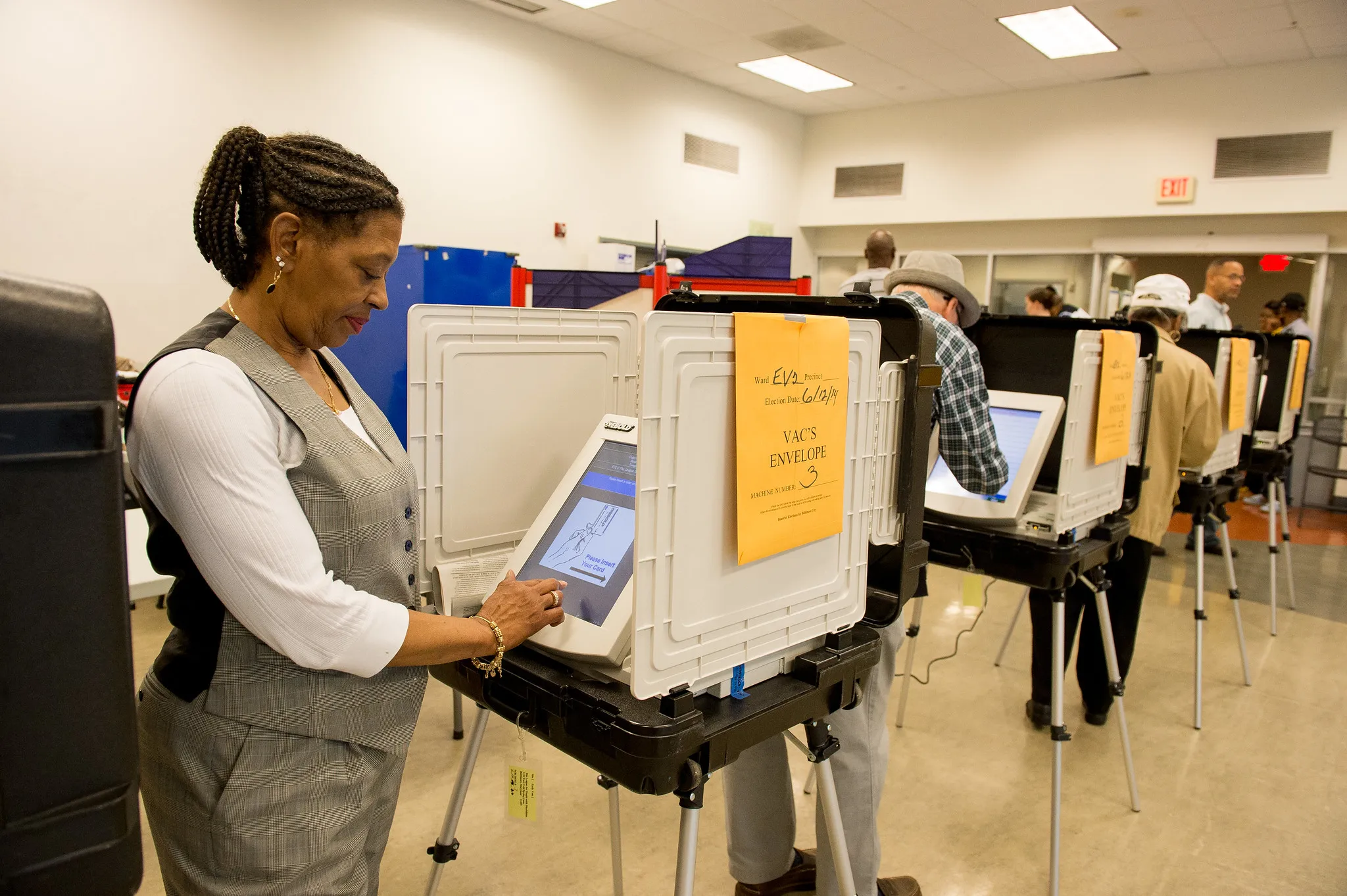Electoral Processes
Information, Communication, and Technology in Electoral Processes

The lack of clarity related to the types of threats that manifest, as well as the roles and responsibilities for protecting elections in the information environment, can lead to the unfitted allocation of resources and ineffective strategies for prevention and protection. Measures should be focused on the impact, with clear delimitation of competencies and responsibilities in addressing the different types of malign practices that have the potential to affect trust in elections and the acceptance of the electoral outcome.
Our knowledge and resource hub seeks to guide evidence-based policy-making and context-suitable interventions to protect elections in the information space. Technology has significantly impacted the way elections are conducted, from the use of electronic voting machines to online voter registration. However, the use of technology in elections has also raised concerns about security and privacy.
On the topic of elections and technologies, International IDEA has produced several knowledge products including the continuously updated ICTs in Elections Database, the Dataset on Out of Country Voting, Technology and Turnout (2022), Cybersecurity and Elections (2019), Introducing Biometric Technology in Elections (2017), Open data in electoral administration (2017), Certification of ICTs in Elections (2015) and Introducing Electronic Voting (2011). For more information, please visit the New technologies play an integral role in organizing elections report.